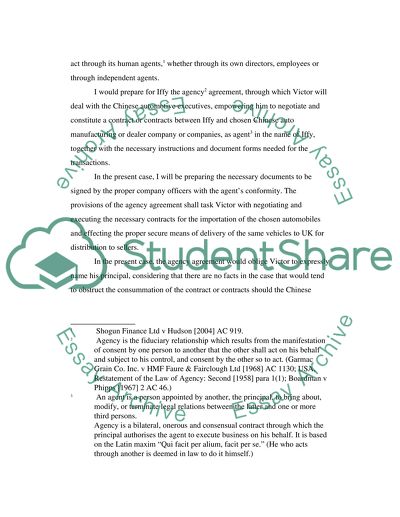Cite this document
(“UK Commercial law Essay Example | Topics and Well Written Essays - 2500 words”, n.d.)
UK Commercial law Essay Example | Topics and Well Written Essays - 2500 words. Retrieved from https://studentshare.org/miscellaneous/1519444-uk-commercial-law
UK Commercial law Essay Example | Topics and Well Written Essays - 2500 words. Retrieved from https://studentshare.org/miscellaneous/1519444-uk-commercial-law
(UK Commercial Law Essay Example | Topics and Well Written Essays - 2500 Words)
UK Commercial Law Essay Example | Topics and Well Written Essays - 2500 Words. https://studentshare.org/miscellaneous/1519444-uk-commercial-law.
UK Commercial Law Essay Example | Topics and Well Written Essays - 2500 Words. https://studentshare.org/miscellaneous/1519444-uk-commercial-law.
“UK Commercial Law Essay Example | Topics and Well Written Essays - 2500 Words”, n.d. https://studentshare.org/miscellaneous/1519444-uk-commercial-law.


